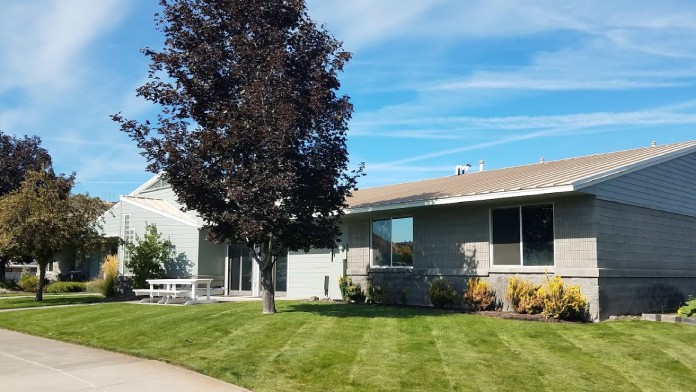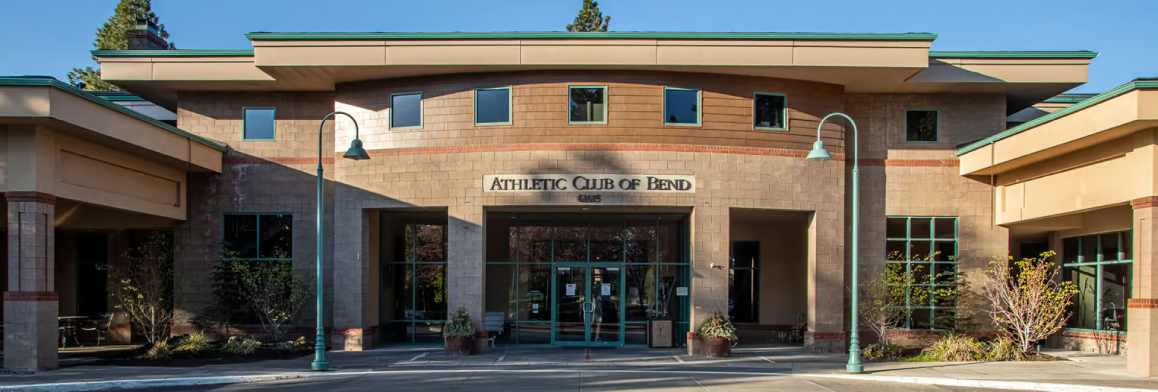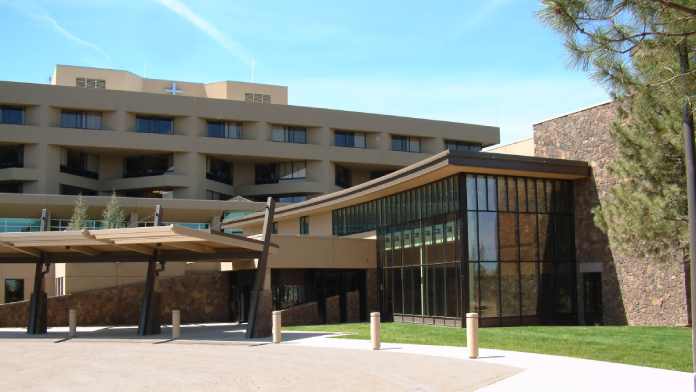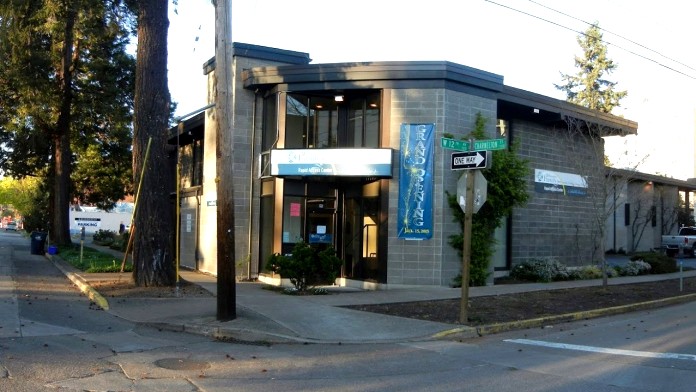I finally receive the full support I needed to get sober! I had tried before in other places but I never got the structure I truly needed to hold down a job and achieve a clean lifestyle. This is all thanks to Bescare!
About BestCare – Outpatient Treatment
BestCare is located in Redmond, Oregon. They offer an outpatient treatment program that blends evidence based care and holistic therapies to support adults struggling with drug, alcohol, or opioid use dependency.
This outpatient clinic can help you no matter where you are in your recovery journey. Guided by proven clinical practices and rooted in person focused care, BestCare Outpatient Treatment is a supportive place to turn to on your path to sobriety.
Medication Assisted Treatment
BestCare provides access to medication assisted treatment to help control cravings caused by alcohol or opioid use dependency. They offer different FDA approved medications including oral and injectable buprenorphine as well as oral and injectable naltrexone.
This program is integrated into your addiction treatment plan and paired with counseling services to help you work through your struggles with addiction.
Person Focused Care
BestCare emphasizes that motivational interviewing is a cornerstone of their treatment philosophy. Through motivational interviewing, you’ll think critically and reflect on the choices and behaviors that have contributed to your substance abuse struggles in the past.
This treatment approach is used alongside educational counseling, psychotherapy groups, the 12-step program, and holistic therapies like acupuncture, yoga, and mindfulness. Some of these services are offered through the outpatient program, while all are available if you receive residential care at their Redmond or Klamath Falls locations.
The MOMS Program
The MOMS Program supports pregnant women and mothers who have recently given birth but are still struggling with substance use. This program is committed to offering judgment free, stigma free care for women and their families.
Within the MOMS Program, you’ll be connected to various community resources, such as support groups and social services through programs like WIC and others. If you’re ready to start treatment, you’ll also be placed on what they call a “fast track” to access treatment quickly.
Latest Reviews
Rehab Score
Gallery
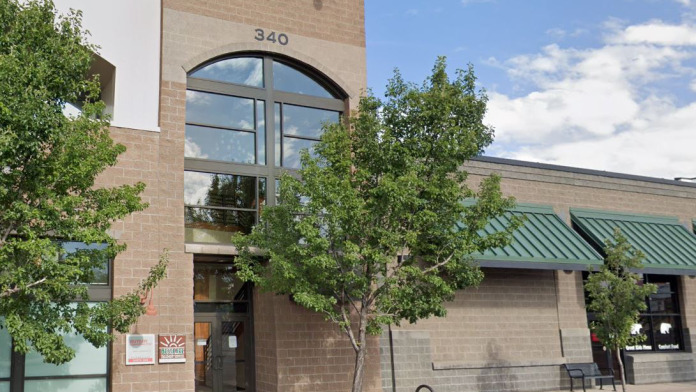
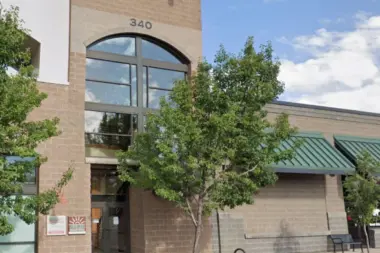
Accepted Insurance
Other Forms of Payment
Medicaid is a state based program that helps lower-income individuals and families pay for healthcare. Medicaid covers addiction treatment so those enrolled can use their coverage to pay for rehab. When a program accepts Medicaid the client often pays very little or nothing out of their own pocket.
Private insurance refers to any kind of healthcare coverage that isn't from the state or federal government. This includes individual and family plans offered by an employer or purchased from the Insurance Marketplace. Every plan will have different requirements and out of pocket costs so be sure to get the full details before you start treatment.
Self-pay involves paying for treatment out of your own pocket. You can use savings or credit, get a personal loan, or receive help from family and friends to fund your treatment. If you don't have insurance or your insurance plan doesn't cover a specific program, self-pay can help ensure you still get the care you need.
Sliding scale payments are based on a client's income and family size. The goal is to make treatment affordable to everyone. By taking these factors into account, addiction recovery care providers help ensure that your treatment does not become a financial burden to you or your family, eliminating one barrier to care.
Addiction Treatments
Levels of Care
Retain your freedom while getting help, change non-healthy behavior and find new ways to cope with life pressures. Their outpatient treatment program serves as the first level of addiction treatment and is especially helpful for those who may be facing legal issues resulting from a DUII. It is also used as a follow-up and ongoing support after residential treatment. It typically involves a time commitment of approximately 5 hours (or less) a week.
Medically-managed, full-service detox in a small, quiet setting to ensure you’re comfortable and safe during withdrawal. Their medical director is a licensed addiction specialist and our nursing staff is both licensed and certified. Detox is the process of removing drugs and/or alcohol from the body, a process that can be lethal if mismanaged.
This program offers the first level of treatment for those who require a lower level of care, including those facing legal issues from their substance addiction such as DUI. The time commitment for this level of treatment is usually five hours or less a week. This treatment program allows you to live off-site and attend groups and classes during the day. Treatment is developed from an ASAM assessment, and is based upon your individual needs including addiction free pain management. Throughout treatment, you’ll have access to our entire medical staff and highly trained and specialized counselors. In addition, you will benefit from other services that we will coordinate for you (including referral source for residential services, if needed). Meals are provided; transportation is the patient's responsibility.
Residential treatment programs are those that offer housing and meals in addition to substance abuse treatment. This program is a short-term, high-intensity drug and alcohol treatment program designed to help you get clean as quickly as possible. During treatment you’ll have access to their full medical staff and caring counselors. Residential treatment is a whole person, holistic process that encompasses different aspects of a person’s entire being.
At certain points in the recovery process, it's important to have support available 24/7. 24-hour clinical care offers a safe environment in which to recover from drug or alcohol addiction in peace, knowing medical detox and other treatment will happen with professionals on hand.
12-step programs are addiction recovery models based on Alcoholics Anonymous (AA). A number of substance abuse programs (including some drug and alcohol rehab centers) use the 12 steps as a basis for treatment. Beginning steps involve admitting powerlessness over the addiction and creating a spiritual basis for recovery. Middle steps including making direct amends to those who've been hurt by the addiction, and the final step is to assist others in addiction recovery in the same way. 12-Step offshoots including Narcotics Anonymous (NA), Cocaine Anonymous (CA), Dual Recovery Anonymous (DRA), Sex and Love Addicts Anonymous (SLAA) and Gamblers Anonymous (GA).
There is much evidence to support that completion of a minimum 90 day aftercare is the best predictor of long term success in recovery. Therefore BestCare has adopted a process that starts early on in residential treatment to promote outpatient engagement and retention.
Treatments
The goal of treatment for alcoholism is abstinence. Those with poor social support, poor motivation, or psychiatric disorders tend to relapse within a few years of treatment. For these people, success is measured by longer periods of abstinence, reduced use of alcohol, better health, and improved social functioning. Recovery and Maintenance are usually based on 12 step programs and AA meetings.
Drug rehab in Oregon offers a full continuum of care for those struggling with addiction. From detox, to inpatient, to outpatient, to aftercare, Oregon residents can find the support they need for recovery. This treatment empowers individuals to replace drug use with positive alternatives and develop a healthier lifestyle.
Their Redmond Residential/Detox provides mental health services in a co-occurring treatment model. They work with both drug and alcohol issues as well as the co-occurring mental health concerns that may arise during an individual’s stay with us. When substance abuse is driven by an underlying or co-occurring mental health disorder, such as bipolar disorder, depression or anxiety, a dual diagnosis-based program is indicated to treat both the addiction issues and the underlying disorder at the same time.
Opioid rehabs specialize in supporting those recovering from opioid addiction. They treat those suffering from addiction to illegal opioids like heroin, as well as prescription drugs like oxycodone. These centers typically combine both physical as well as mental and emotional support to help stop addiction. Physical support often includes medical detox and subsequent medical support (including medication), and mental support includes in-depth therapy to address the underlying causes of addiction.
Substance rehabs focus on helping individuals recover from substance abuse, including alcohol and drug addiction (both illegal and prescription drugs). They often include the opportunity to engage in both individual as well as group therapy.
Programs
Adult rehab programs include therapies tailored to each client's specific needs, goals, and recovery progress. They are tailored to the specific challenges adult clients may face, including family and work pressures and commitments. From inpatient and residential treatment to various levels of outpatient services, there are many options available. Some facilities also help adults work through co-occurring conditions, like anxiety, that can accompany addiction.
Young adulthood can be an exciting, yet difficult, time of transition. Individuals in their late teens to mid-20s face unique stressors related to school, jobs, families, and social circles, which can lead to a rise in substance use. Rehab centers with dedicated young adult programs will include activities and amenities that cater to this age group, with an emphasis on specialized counseling, peer socialization, and ongoing aftercare.
Clinical Services
Cognitive Behavioral Therapy (CBT) is a therapy modality that focuses on the relationship between one's thoughts, feelings, and behaviors. It is used to establish and allow for healthy responses to thoughts and feelings (instead of unhealthy responses, like using drugs or alcohol). CBT has been proven effective for recovering addicts of all kinds, and is used to strengthen a patient's own self-awareness and ability to self-regulate. CBT allows individuals to monitor their own emotional state, become more adept at communicating with others, and manage stress without needing to engage in substance abuse.
Research clearly demonstrates that recovery is far more successful and sustainable when loved ones like family members participate in rehab and substance abuse treatment. Genetic factors may be at play when it comes to drug and alcohol addiction, as well as mental health issues. Family dynamics often play a critical role in addiction triggers, and if properly educated, family members can be a strong source of support when it comes to rehabilitation.
Group therapy is any therapeutic work that happens in a group (not one-on-one). There are a number of different group therapy modalities, including support groups, experiential therapy, psycho-education, and more. Group therapy involves treatment as well as processing interaction between group members.
In individual therapy, a patient meets one-on-one with a trained psychologist or counselor. Therapy is a pivotal part of effective substance abuse treatment, as it often covers root causes of addiction, including challenges faced by the patient in their social, family, and work/school life.
Motivational Interviewing (MI) is a clinical approach to helping people with substance abuse issues and other conditions shift behavior in positive ways. It is more goal-oriented than traditional psychotherapy, as MI counselors directly attempt to get clients to consider making behavioral change (rather than wait for them to come to conclusions themselves). Its primary purpose is to resolve ambivalence and help clients become able to make healthy choices freely.
Nutrition therapy, aka medical nutrition therapy (MNT), is a way of treating physical, emotional, and medical conditions through diet. Specific dietary plans are designed by professional nutritionists or registered dietitians, and patients follow them in order to positively affect their physical and mental health.
Trauma therapy addresses traumatic incidents from a client's past that are likely affecting their present-day experience. Trauma is often one of the primary triggers and potential causes of addiction, and can stem from child sexual abuse, domestic violence, having a parent with a mental illness, losing one or both parents at a young age, teenage or adult sexual assault, or any number of other factors. The purpose of trauma therapy is to allow a patient to process trauma and move through and past it, with the help of trained and compassionate mental health professionals.
Amenities
-
Private Setting
-
Yoga Studio
Staff & Accreditations
Staff
Matt Vinson
Program Director
Accreditations

The Commission on Accreditation of Rehabilitation Facilities (CARF) is a non-profit organization that specifically accredits rehab organizations. Founded in 1966, CARF's, mission is to help service providers like rehab facilities maintain high standards of care.
CARF Accreditation: Yes
Contact Information
340 NW 5th Street
#202
Redmond, OR 97756
